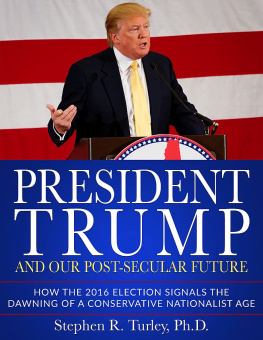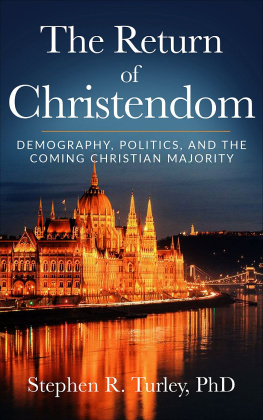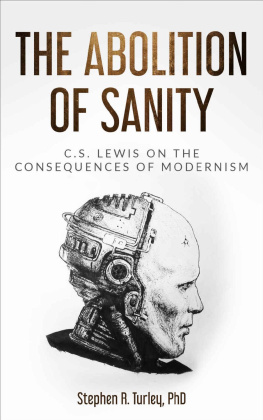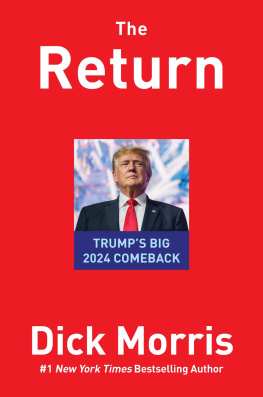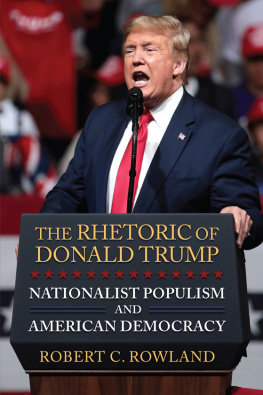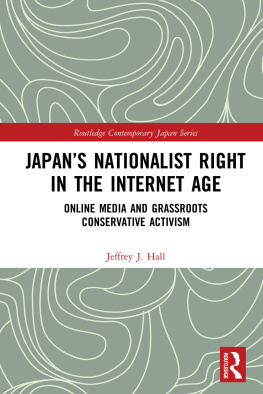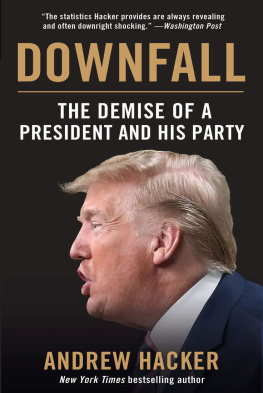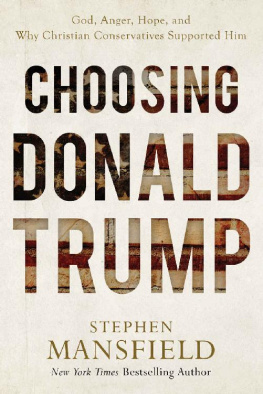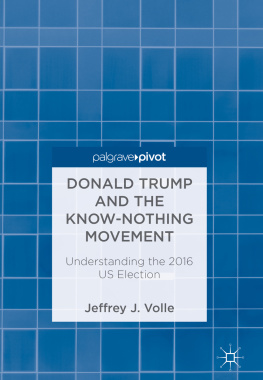President Trump and Our Post-Secular Future: How the 2016 Election Signals the Dawning of a Conservative Nationalist Age
Dr. Steve Turley
Published by Dr. Steve Turley, 2019.
Also by Dr. Steve Turley
Classical vs. Modern Education: A Vision from C.S. Lewis
The Return of Christendom: Demography, Politics, and the Coming Christian Majority
Ever After: How to Overcome Cynical Students with the Role of Wonder in Education
Movies and the Moral Imagination: Finding Paradise in Films
President Trump and Our Post-Secular Future: How the 2016 Election Signals the Dawning of a Conservative Nationalist Age
The New Nationalism: How the Populist Right is Defeating Globalism and Awakening a New Political Order
The Triumph of Tradition: How the Resurgence of Religion is Reawakening a Conservative World
Watch for more at Dr. Steve Turleys site.
President Trump and Our Post-Secular Future
How the 2016 Election Signals the Dawning of a Conservative Nationalist Age
Stephen R. Turley, Ph.D.

A New Conservative Age is Rising
www.TurleyTalks.com
Copyright 2017 by Stephen R. Turley. All Rights Reserved.
ISBN-13: 978-1981807154
ISBN-10: 1981807152
No part of this publication may be reproduced, stored in a retrieval system, or transmitted in any form or by any means, electronic, mechanical, photocopying, recording, scanning, or otherwise, except as permitted under Section 107 or 108 of the 1967 United States Copyright Act, without either the prior written permission of the author, or authorization through payment of the appropriate per-copy fee to the Copyright Clearance Center, Inc., 222 Rosewood Drive, Danvers, MA 01023, (978) 750-8400, or on the web at www.copyright.com. Requests to the author for permission should be addressed to .
Table of Contents
INTRODUCTION
The Dawning of a New Era
Lets begin with a question: What is the significance of one of the most politically incorrect men on the planet being elected president of the U.S.? No matter how we answer that question, I think we have to conclude at least in part that for a vast number of Americans, political correctness simply no longer carries the same weight it used to. Think about it: Weve heard over and over again that a Republican simply couldnt be elected president without adopting some form of immigration reform and amnesty, that is, without some recourse to political correctness; yet, here we had a GOP candidate spouting what many considered the most anti-immigration rhetoric weve heard in recent years, one that included at one point an all-out ban on Muslims . and he won !
This leads to another question: Why has political correctness lost its power? Why has it eroded in the way it has for so many? In the pages that follow, I want to argue that the waning of political correctness is part of a much wider phenomenon, as is the election of Donald Trump. They both point to dynamics far bigger than any one thing or person, dynamics that are forging what I am calling a post-secular age.
Secularism and the Post-Secular
In understanding Trumps presidency as part of an emerging post-secular society, I think it helpful if we first understand secularization and why Trumps presidency indicates its increasing rejection.
Secularization is generally defined as the process by which religious ideas, institutions, and interpretations lose their social significance. Thus, at its most basic level, the post -secular refers simply to the return of religion and religious values in the public square, which we are indeed witnessing throughout the world: Shintoism in Japan, Orthodoxy in Russia, Hinduism in India, Confucianism in China, and the like. And yet, scholars are often at a loss as to why religion is currently making a comeback; whats behind the renewal of religion, and why are post-secular dynamics so operative today?
My answer to this question involves situating the return of religion within more complex social dynamics. I argue that the return of religion is itself part of a larger worldwide nationalist, populist, and traditionalist blowback against the anticultural processes of globalization and its secular aristocracy. These nationalist, populist, and traditionalist trends are undermining the fundamental tenets of secularization and in effect forging the emergence of a post-secular world.
Scholars have long recognized that secularization is rooted in the notion of modernity. Modernity is comprised of the philosophical commitment to scientific rationalism as the sole objective mechanism for political, economic, and cultural management. Rooted in such rationalism, modernity sees all pre-modern societies, particularly those governed by religious commitments, as inherently irrational, and thus asserts itself as the one true political, economic, and cultural meaning system for all nations and peoples. In the twentieth-century, the West has proclaimed liberal democracy as the ultimate political system, the Soviet East proclaimed communism as the ultimate economic system, and Italy and Germany declared fascism as the ultimate cultural meaning system.
With the death of fascism and communism, the liberal democratic West declared itself to be the true global champion of all three systems: political, economic, and cultural. The chief export of this Western triumphalism has been what is commonly referred to as globalization. Globalization involves the interaction between capitalism, urbanization, technology, and telecommunications within a mass transnational economic system. For example, we all know today that what happens with the Nikkei on the Tokyo stock exchange has ripple effects on the European markets which in turn affect Wall Street which comes back to Tokyo. This is the mass global economy known as globalization.
However, there is a significant cost that comes with this standardized political, economic, and cultural system: Globalization entails processes that negate borders, localized economies, and traditions. It negates borders with its transnational flow of goods and international standardized regulations; it negates local industry with a global division of labor that relocates manufacturing to the global south; and it negates traditions through what is called disembedding, which dislodges culture away from localized control. This disembedding has replaced traditional moral norms with highly secular, consumer-based lifestyle values, at the center of which is the autonomous individual who exercises sovereign control over his or her own life circumstances. Such secularized sovereignty includes the right to determine ones own religion, culture, and even gender.
It is no wonder, then, that in response to globalism and its aggressive secularization, were seeing a mass worldwide blowback. As it turns out, not everyone wants this one-size-fits-all standardized economy and consumerist culture. And this is because, like in the Soviet East or Fascist Germany, modernity in the West has largely died. Less and less Westerners believe in the absolutist vision of scientific rationalism and personal autonomy. Few today believe in a one-size-fits-all political, economic, and cultural system.
And so, the roots of modernity have died even although the West continues to export globalization to the rest of the world. This means that, in one sense, secular globalization is more powerful than ever before, in that its global reach is farther and wider than ever, and yet it is also weaker than its ever been, in that its modernist roots have all but rotted out. And because the roots have died, more and more populations are looking inward, turning to nation, culture, and tradition as the basis for a post-modern, post-globalist, and, indeed, a post-secular social order.

